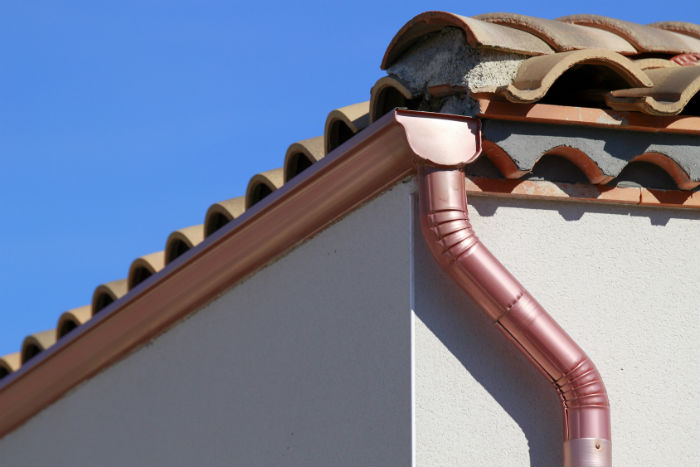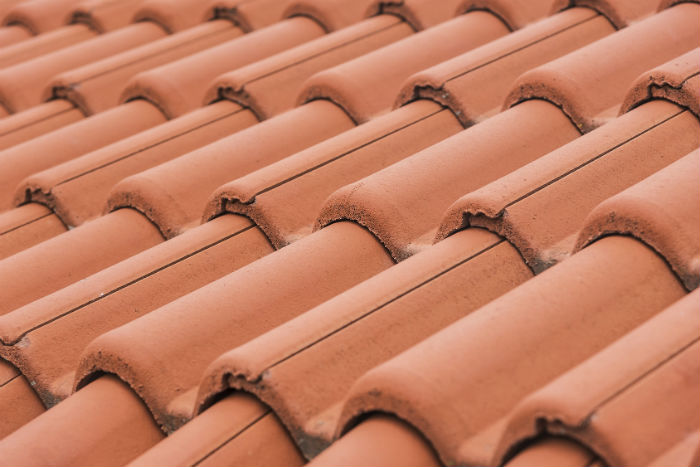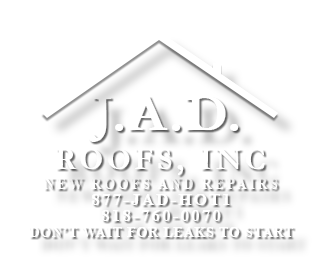FAQ's
FAQ’s


A. Yes. And, in buying the home, you should pay close attention to the condition of the roof prior to purchase in case there is not full disclosure.
A. You should inspect your roof once a year, especially after a windstorm or heavy rains. The roofing company inspector should give you a written report of the condition of your roof, a listing of the repairs that are needed, an estimate of the cost and how urgent the repairs are. Also, you should be given an estimate of the life expectancy of the roof.
A. The inspector will look for shingles not properly attached or damaged. He/she will also check ridges, caps, drip edges, drains, downspouts and gutters to make sure they are all in proper working order. Also, the flashing around the chimney and vents should be checked to make sure they haven’t come lose or have holes and leaking into the ceiling. The roof should be inspected for loose, cracking, curling, splitting, warped or torn shingles or shakes, mold, moss and algae growth, termite damage, bare spots, loosened gravel (if gravel roof), Also, a clear sign of some damage to your roof is leaking into the ceiling.
A. The average roof should last approximately 12-20 years depending on the material, installation and weather conditions in your area. You may also have a warranty on the roof to help with the costs of replacement, assuming it’s within the expiration period.
Note: do not give the roofer the final payment until you are given the warranty.
A. This is a dangerous condition for roofs. The branches cause mold, moss and algae on the roof. They literally “feed” on your roof, causing deterioration. It could creep down into your attic, and eventually land into your ceilings. You should trim the branches and pressure clean the roof.
A. Only two. The roof is then torn down to the rafters, and plywood installed. Then, the underlayment (to prevent leaking) is placed and upon that the new roof.
A. Gutters and downspouts are very important to your roofing maintenance. The gutters gather rain water and the down spouts carry it away from the house. It is important to make certain that the gutters are cleaned out of debris, leaves, and other matter, at least twice a year. While you can attempt to do this yourself, it’s always best to have a professional do it. They have a special machine that does the work for you.
A. Chimneys that are not well maintained tend to fill up with dirt, debris, and insects. All of which can cause a fire in the chimney which can quickly spread to the roof. Also, excess water coming through the chimney can cause water damage.
A. This is where the roofing contractor’s expertise and experience comes into play. He/she will sit down with you and go over your requirements, such as weather, maintenance issues, energy conversation, looks, length of duration AND your budget. Together, you will come up with the best solution for your situation. You need to feel comfortable with the contractor and that they are selling you what is needed, not trying to upsell you. You MUST also make sure that the contractor has experience with installing the material you choose.
